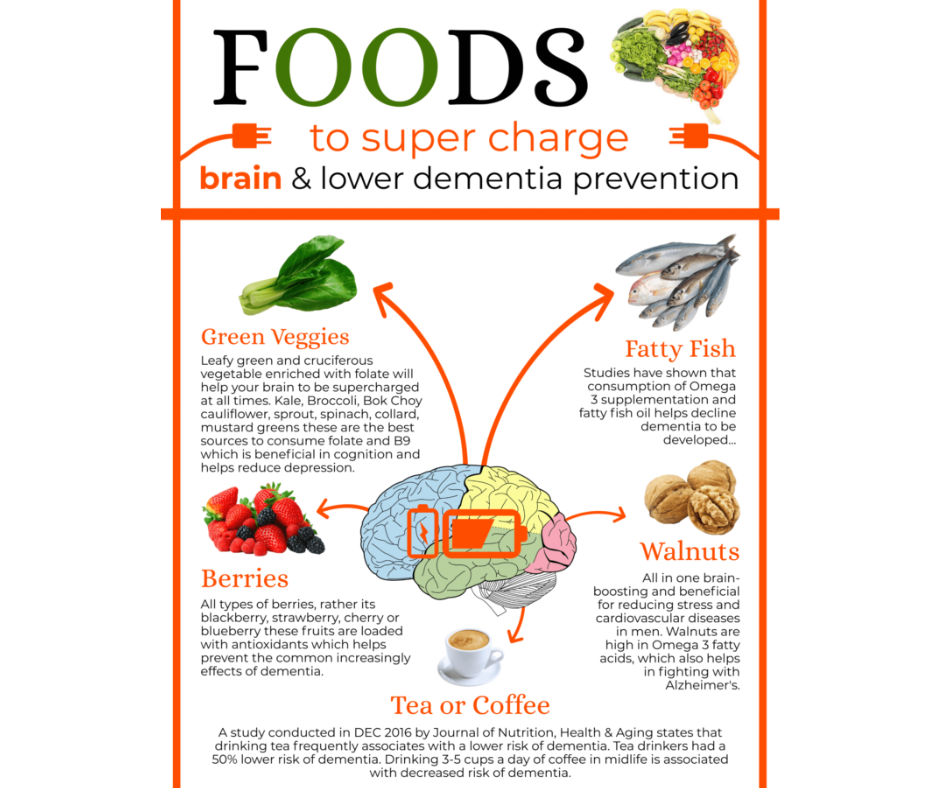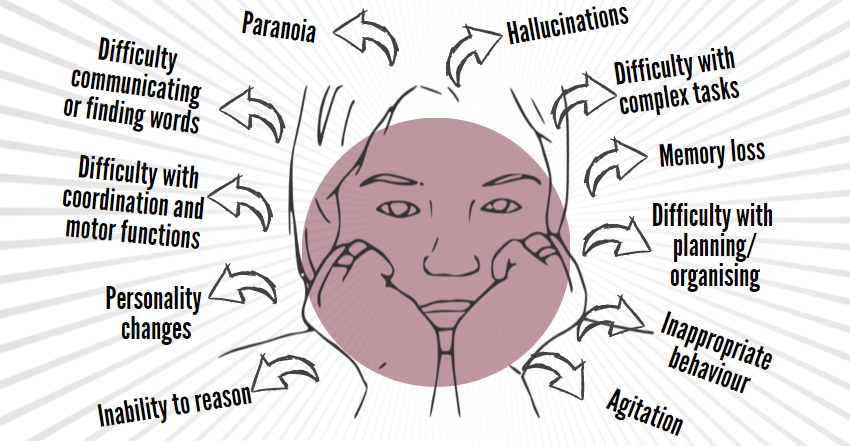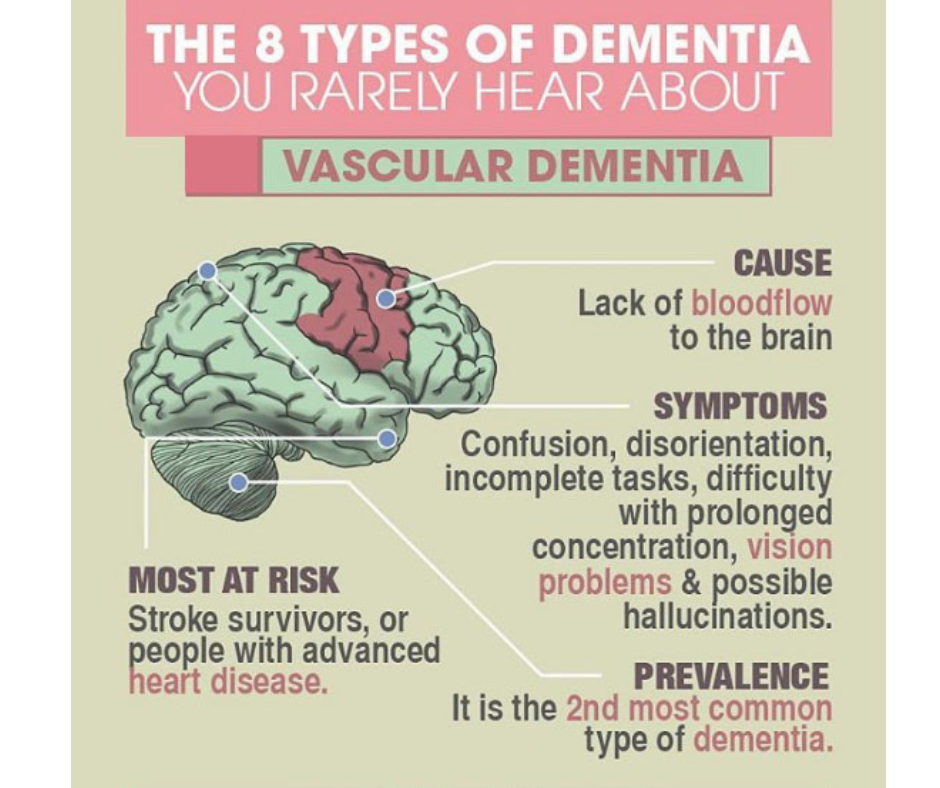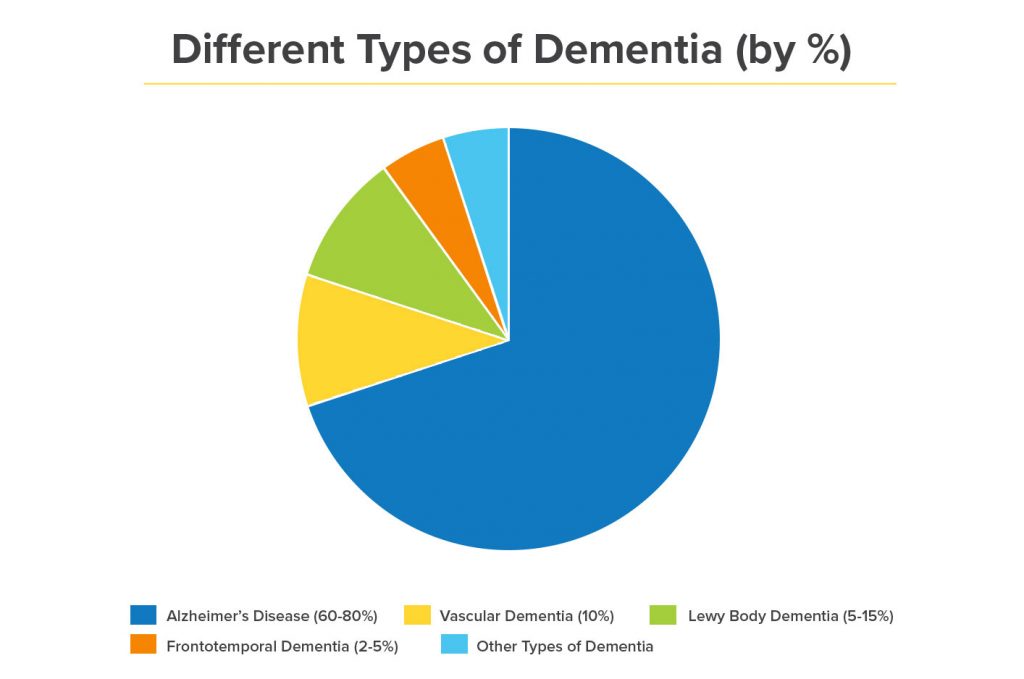In a new study, a dementia expert details the popular foods that increase the risk of developing the debilitating condition. With hundreds of thousands of people in the UK living with dementia, finding ways to reduce the risk is crucial. According to Patrick Holford, a nutritionist and founder of the Food For the Brain Foundation charity, making three specific diet changes can lower the risk of dementia by a third. These changes involve cutting back on sugar and processed foods, increasing the consumption of oily fish rich in omega-3 fats, and eating more vegetables, fruits, herbs, and spices that are rich in antioxidants and polyphenols. Additionally, Holford highlights the negative impact of refined white carbohydrates on brain health and suggests other lifestyle changes to prevent Alzheimer’s.
Click here to learn more about living a healthier life

Popular Foods That Increase the Risk of Dementia
Introduction
In recent years, there has been growing concern about the rise in dementia cases worldwide. Dementia is a degenerative condition that affects cognitive function, memory, and daily tasks. While there is currently no cure for dementia, research has shown that certain dietary choices can help reduce the risk of developing the condition. In this article, we will explore popular foods that increase the risk of dementia and provide recommendations for a brain-healthy diet.

Click here to learn more about living a healthier life
Cutting Back on Sugar and Processed Foods
Sugar and processed foods have long been known for their negative impact on overall health. However, recent studies have also linked these foods to an increased risk of dementia. High sugar intake can lead to inflammation and oxidative stress in the brain, which are thought to contribute to cognitive decline. To reduce the risk of dementia, it is important to cut back on sugar and limit the consumption of processed foods.
Eating Fish and Oily Fish Rich in Omega-3 Fats
Omega-3 fatty acids are essential for brain health, and incorporating them into your diet can help lower the risk of dementia. Fish, especially oily fish like salmon, mackerel, and sardines, are rich sources of omega-3 fats. These fatty acids have been shown to reduce inflammation, improve blood flow to the brain, and promote the growth of new brain cells. Including fish in your diet at least twice a week can help ensure an adequate intake of omega-3 fats.
Eating More Vegetables, Fruits, Herbs, and Spices
Antioxidants and polyphenols are compounds found in vegetables, fruits, herbs, and spices that have been linked to brain health. These compounds help reduce inflammation, protect against oxidative stress, and promote the growth of new brain cells. To increase your intake of antioxidants and polyphenols, it is recommended to incorporate a variety of colorful fruits and vegetables into your diet. Additionally, herbs and spices like turmeric, rosemary, and cinnamon have been shown to have brain-boosting properties and can be added to dishes for added flavor and health benefits.

Click here to learn more about living a healthier life
Increased Intake of Omega-3
Recent studies have suggested that increasing your intake of omega-3 fatty acids can help reduce the risk of dementia. Omega-3 supplements, such as fish oil capsules, can be a convenient way to ensure an adequate intake. Additionally, certain foods, such as flaxseeds, chia seeds, and walnuts, are plant-based sources of omega-3 fats and can be incorporated into your diet.
The Impact of Refined Carbohydrates on Brain Health
Refined carbohydrates, such as white bread, pasta, and rice, have been shown to have a negative impact on brain health. These foods cause a rapid increase in blood sugar levels, leading to inflammation and insulin resistance in the brain. Insulin resistance impairs the brain’s ability to utilize glucose effectively, which can contribute to cognitive decline. It is important to reduce the consumption of refined carbohydrates and opt for whole grains instead.

Click here to learn more about living a healthier life
Insulin Resistance and the Risk of Dementia
Insulin resistance is a condition in which the body’s cells become less responsive to the hormone insulin. This can lead to elevated blood sugar levels and an increased risk of type 2 diabetes. Research has shown that insulin resistance is also associated with an increased risk of dementia. Monitoring blood glucose levels and maintaining them within a healthy range can help reduce the risk of cognitive decline.
Other Dietary Recommendations for Dementia Prevention
In addition to the specific foods mentioned above, there are several other dietary recommendations that can help prevent dementia. Controlling your weight is important, as obesity has been identified as a risk factor for dementia. Following a Mediterranean diet, which emphasizes fruits, vegetables, whole grains, lean proteins, and healthy fats, has been associated with a lower risk of cognitive decline. Managing mental health by preventing depression, stress, and ensuring adequate sleep is also crucial for maintaining brain health. Staying physically active, engaging in social activities, and challenging the brain with intellectually stimulating tasks can further support brain function. Finally, avoiding smoking and excessive alcohol consumption is vital for maintaining overall health and reducing the risk of dementia.

Controlling Your Weight
Obesity has been identified as a risk factor for dementia. A healthy weight can help reduce the risk of cognitive decline and improve overall brain health. To control your weight, it is important to maintain a balanced diet, engage in regular physical activity, and practice portion control. Consulting with a healthcare professional or registered dietitian can provide personalized guidance and support in achieving and maintaining a healthy weight.
Eating a ‘Mediterranean Diet’
The Mediterranean diet is often touted for its health benefits, including its positive impact on brain health. The diet emphasizes whole, minimally processed foods, such as fruits, vegetables, legumes, whole grains, fish, and olive oil. It limits the intake of red meat, refined grains, and sugar. The Mediterranean diet has been associated with a reduced risk of cognitive decline and dementia. Incorporating the principles of this diet into your daily eating habits can have long-term benefits for your brain health.

Click here to learn more about living a healthier life
Preventing Depression, Stress, and Lack of Sleep
Mental health factors, such as depression, chronic stress, and lack of sleep, have been linked to an increased risk of dementia. These factors can contribute to inflammation and oxidative stress in the brain, impairing cognitive function. Taking steps to manage stress, seeking support for mental health concerns, and prioritizing quality sleep are essential for maintaining brain health and reducing the risk of dementia.
Keeping Physically, Socially, and Intellectually Active
Physical, social, and intellectual activities are all important for maintaining brain health and reducing the risk of cognitive decline. Regular exercise improves blood flow to the brain and promotes the growth of new brain cells. Engaging in social activities, such as spending time with loved ones or participating in group activities, helps maintain cognitive function and emotional well-being. Challenging the brain with intellectually stimulating tasks, such as puzzles, reading, or learning new skills, can also support brain health.

Avoiding Smoking and Excessive Alcohol Consumption
Smoking and excessive alcohol consumption have been shown to have negative effects on brain function and increase the risk of dementia. Smoking contributes to oxidative stress and inflammation in the brain, while excessive alcohol consumption can lead to cognitive impairment and brain damage. Quitting smoking and moderation in alcohol consumption are important steps in reducing the risk of dementia and maintaining overall brain health.
In conclusion, making dietary choices that prioritize brain health can help reduce the risk of dementia. Cutting back on sugar and processed foods, increasing the intake of fish and omega-3 fats, incorporating more vegetables, fruits, herbs, and spices, and avoiding refined carbohydrates are all recommended for a brain-healthy diet. Additionally, controlling weight, following a Mediterranean diet, preventing mental health issues, staying physically active, and avoiding smoking and excessive alcohol consumption are all important factors in dementia prevention. By making these lifestyle choices, you can support your brain health and reduce the risk of cognitive decline.
Click here to learn more about living a healthier life


